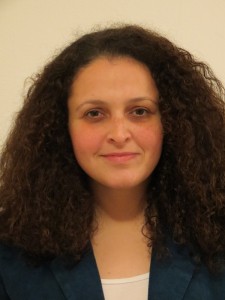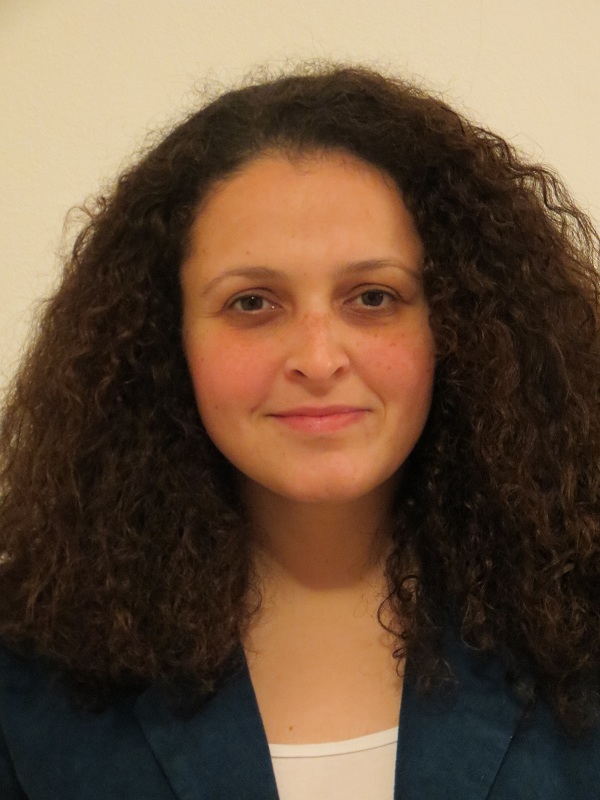
Twenty one years ago Egyptian thinker and philosopher, Farag Fouda was assassinated in front of his NGO, the Egyptian Society for Enlightenment at the hands of a radical Islamist group, Al-Jamaa Al-Islamiya.
He was shot with a machine gun in front of his son.
He was shot because he was deemed an “infidel” by the above-mentioned Islamist group with the blessing of a supposed moderate-thinking Al-Azhar Sheikh, Mohamed Al-Ghazali.
Fouda had been stirring trouble with radical Islamists – challenging their calls for the establishment of a “religious” state – in the 1980s and until he was killed in 1992, the height of power of radical groups in Egypt.
In 1984, he left Al-Wafd party after they decided to collaborate with the Muslim Brotherhood in parliamentary elections. His face-off with Sheik Salah Abu Ismail – father of current Salafi leader Hazem Abu Ismail – regarding the fate of the aforementioned party was known in political circles. Abu Ismail’s insistence on turning the secular Wafd around was the main reason Fouda left and decided to establish his own party: The Future.
His writing had caused controversy – and still does – with his insistence that a secular state would better serve Islam than a religious state. It was his stance that the latter is bound to lead to a dictatorship in the name of religion. He continuously criticised the dominance of religious groups over people belonging to the poorer socioeconomic classes through religion and abusing their illiteracy. He believed that many of the Prophet’s “sayings” transferred from one generation to the next were misquoted by those who relayed them. His argument against the veil being a religious duty, but rather a traditional dress, in a televised programme caused anger among many. He believed that the companions of the Prophet Muhammad should not be viewed in God-like awe, because they were humans and their times were filled with conflict as well. His forte was discussing and dissecting taboos; what should not be talked about except behind closed doors.
The climax of Fouda’s fight with radical Islamists came during the 1992 book-fair, with a debate held between him and other secularists against El-Ghazly, the vice president of the Muslim Brotherhood’s Supreme Guide at the time, Ma’moun El-Hodiby, and Islamic scholar Mohamed Omara. The discussion of the secular versus the religious state was heated from the beginning; Fouda cynically criticised the applause of Islamists supporters saying: “In my opinion, the clapping shows the lack of confidence of those representing you on the podium which in this case is not needed.” Considering that the audience mainly comprised Muslim Brotherhood supporters and Jihadist-leaning men, the debate was off to a rocky start. El-Ghazaly and El-Hodiby made a point of criticising the west and stressing that people want to be ruled by “their religion” garnering shouts of approval from the audience.
Fouda in turn, stressed that the criticism was not towards Islam for it is a religion of “thinking”, but rather towards the “religious state”. He challenged them to give one example of a democratic religious state, accusing the Islamists groups of not having a “plan” – political or economic – offering only religious slogans insufficient to run a country. He added that the reason it was possible to have that debate was the secular state, for no religiously-run country would allow it, garnering angry shouts from the audience.
The back and forth continued, but the effect of the debate was severe enough to earn Fouda an infidel’s status from Al-Jamaa Al-Islamiya, thus making his killing a duty.
I was nine when his assassination occurred. It was shocking to realise that you could get killed for what you think. The shock echoed in many Egyptians, even those who did not support his ideas. The cowardly act of killing him was staggering; two men on a motorcycle with a gun waiting for him outside his office, his five-year-old son with him.
During the trial of one of his killers, the latter was asked why he killed Fouda, to which he answered: because of his books. When he was asked which of Fouda’s books he had read, the killer answered: “I don’t know how to read”.
This in a nutshell summarised radical Islamists groups; depending on the illiteracy and poverty of many Egyptians, they are able to manipulate them – with money and a promise of heaven – into believing they are doing the work of God.
The same God who in the Quran says: “Whoever kills an innocent… it is as if he has killed all mankind.”
It is important to note that Morsi pardoned one of those convicted of Fouda’s killing, Abdullah Abd Raboh, who later expressed regret over what he did in an interview with Al-Wafd newspaper.
Few think about the main beneficiary of Fouda’s death: the Mubarak regime. Imagine a society that rejects the power of pseudo-sheikhs as well as military patriarchy. Fouda warned of the “horrifying cycle; in an absence of a civilian opposition, the military rule will lead to a religious one and [the latter] will not be removed except by a military coup which in turn will hand power to another form of religious ruling, and so forth.”
The Mubarak regime stood to lose just as much, if not more, as the radical groups that demanded his death.
Fouda had the clear vision to anticipate what is currently happening in Egypt. The Muslim Brotherhood, with their pseudo-Islamists sheikhs, have come to power after SCAF’s undeclared candidate Ahmed Shafiq ran against Morsi in the presidential elections in 2012, forcing people to be part of the vicious cycle.
And now as we anxiously wait to see what will happen on 30 June with the calls for ousting Morsi after Egyptians have been drained by a clueless government that offers nothing but slogans, we wonder whether a coup d’etat is imminent or, as Fouda anticipated, a new form of military-Salafi reign (the new form of religious rule). Or will Egyptians opt for a secular/civilian state? But how is this possible with the current weak status of the opposition?
Regardless of the result, on 8 June and despite the fact that I personally have differences with Fouda, one cannot but remember a man not given his due.
And that is the beauty of a free-thinking society; the ability to differ without resorting to machine guns.








